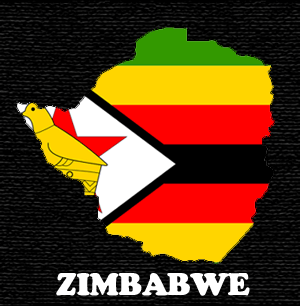Zimbabwe turns the corner on inflation; prices falling since January
 Harare - After years of jaw-dropping inflation, Zimbabwe is now experiencing deflation, the country's Central Statistical Office (CSO) said Tuesday.
Harare - After years of jaw-dropping inflation, Zimbabwe is now experiencing deflation, the country's Central Statistical Office (CSO) said Tuesday.
The dollarization of the economy forced prices down by an average 3.1 per cent between January and February this year, acting CSO director Moffat Nyoni told a press conference.
The inflation rate, which fell 0.8 percentage points on January's -2.3 percent, is given only as a month-to-month figure because the complete dollarization of the economy was achieved only in January.
The last time an official inflation figure was given in July last year, it was a whopping 231 million per cent.
At the time, prices were still denominated in the now worthless Zimbabwe dollar, which has been abandoned by most since the central bank in November legalized the use of hard currencies, including the US dollar and the South African rand.
Announcing the new figures, Nyoni said: "The gap in the supply of statistics on inflation was due to the scarcity of products in the market, product prices being displayed in Zimbabwe dollars but actually being sold in foreign currency, and resource constraints faced by the CSO."
Economists say the fall of prices was due to the low pay levels.
The CSO said that, an average family of five requires about 550 dollars a month, but the average pay is 100 dollars.
A decade of misrule by President Robert Mugabe's government has left the economy teetering on the brink of collapse.
The country's new unity government, which has longtime opposition leader Morgan Tsvangirai as prime minister, has appealed to its neighbours for 2 billion dollars in short-term aid, while putting its long-term needs at 5 billion dollars.
Southern African leaders are meeting to consider its appeal in Swaziland at the end of the month. (dpa)